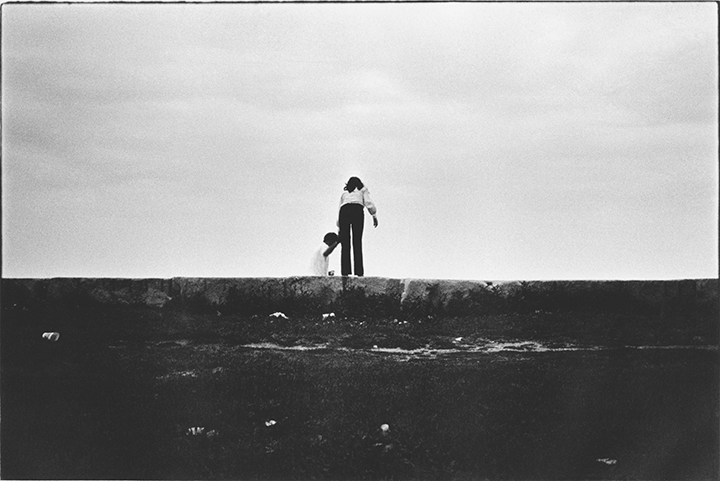
Within the social sciences there is a concept labeled "socialization". It refers to the process of learning and/or teaching knowledge and skills relative to finding a place amongst and successfully getting along with other people. Those "other people" could refer to one's siblings, one's family, one's neighbors, one's tribe or community, one's playmates, one's schoolmates, one's workmates, one's fellow passengers on a train or airplane, or eventually one's potential mate. Every time we successfully interact with other people we make use of knowledge and insight gained through our personal history of socialization. Every time we find interactions with others to be difficult, frustrating, or unsatisfying, the likely reason is that socialization has failed either us or the other party. Some misplaced word, tone of voice, or posture of body has resulted in miscommunication, misstep, or miscue. And the end result is that harmonious social interaction stops, to be replaced by agitated feelings and an undermining of trust. "Who is this other person, anyway? Is he (or she) really one of us?" That "one of us" question is a consequence of socialization. It asserts that someone has not been properly socialized. It distinguishes between proper socialization and inadequate or false socialization. It suggests a foreign and potentially corruptive element has begun to seep into our culture, into our society, into our group. For some, that is a call to arms. "Our way of life must be protected." But for others, such breakdowns in socialization are challenges to perfect our socialization practices and institutions. "We can be more tolerant, more accommodating, more resourceful in our attempts to include." Which is right? It's hard to say. There are things both to be gained and to be lost either way. What is fairly certain is that someone will stand up and assert they know the right and wrong of things, as well as the absolute "best" way to proceed. Some, no doubt, will agree and unthinkingly proceed to follow their lead. But others will say to themselves, "Now wait a minute. What really is the right and wrong of things here? And what really is the best course for all involved." Having an opinion is only part of the answer to those latter questions. Having an opinion informed by actual demonstrable facts and reasoned with consideration of realistic instead of fantasized costs and consequences would seem an even greater step toward answers to those questions. Where do we want to go with our society? What do we want to accomplish? And, who do we want to include? Those are all important questions for us to be asking. How each of us answers those questions will determine whose leadership eventually takes hold, what complexion our culture will take on, and what course all of our socialization processes will take. May your thinking help us all to find a more harmonious and fulfilling string of social interactions in both our immediate and continuing futures. |
• Posted: Sep 05, 2013 11:18:17
• Comments Welcome
• Vote CoolPhotoblogs
• Purchase a Print
• Share
Saturday, September 5th, 1970 Chicago IL USA |